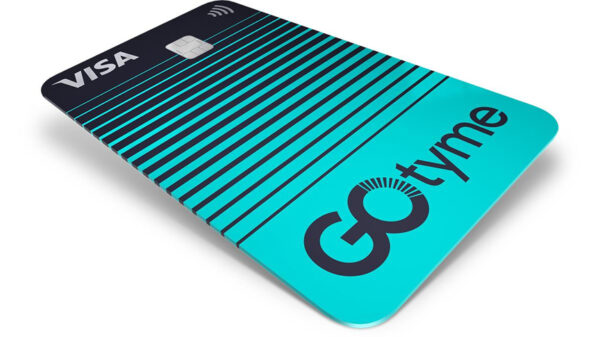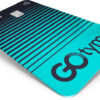When it comes to personal finance, credit cards offer plenty of benefits. The most obvious one is that you can use them to handle unplanned expenses (e.g., your refrigerator broke down and you need a replacement ASAP). You can also earn rewards points or flyer miles, as well as avail exclusive offers and payment terms. Using credit cards can also help you establish a good financial reputation among banks.
The downside is that you can easily get out of control with your credit card spending. This can cause problems such as accumulated interest and penalty fees, not to mention mental stress. To prevent this from happening, you should be more conscientious and think responsibly when using credit cards to make purchases. Here are some tips:
Read and Understand the Terms and Conditions
Before you even sign on the back of your card, you need to know what you’re getting into. Read the terms and conditions that come with your credit card (usually in pamphlet or booklet form); make sure that you understand what’s in it, especially when it comes to interest rates, various types of fees, and other important information. If you need help, ask your bank so they can clarify things for you.
When you understand your credit card’s terms and conditions of use, you’ll know what to expect whenever you make purchases and pay your bills.
Pay Off Your Balance Every Month or Pay Beyond the Minimum
You may have probably heard this piece of advice more than once, but it bears repeating: as much as possible, pay your balance in full when your due date comes. This way, you can avoid paying interest charges and penalties. If you aren’t able to pay in full for any reason, then at least pay more than the minimum. This way, the balance that will be carried over will gradually become smaller and the total accumulated interest won’t be as high.
The most important thing, however, whether you’re paying in full or not, is to pay on time. Doing this will prevent any overdue charges and other penalties, as well as keep you in good standing with your credit card provider.
Track Your Spending
One of the best things you can do to manage your finances effectively is to monitor your spending. This is particularly important for your credit card, since you have to keep track of your available balance and due date. If you aren’t aware of how much you can still spend and how much you have to pay, you might find yourself in trouble if you end up in an emergency situation.
Fortunately, banks have built-in transaction records that you can access either through their online banking facility or mobile app. If you want something more detailed, however, you can always download a money management app or even create your own spreadsheet. Don’t forget to set alerts on your calendar so you don’t miss out on your payments.
Don’t Max Out Your Card
One of the best ways to keep your finances healthy and your credit score good is to avoid maxing out your credit card. Usually, a good threshold is no more than 30% to 40% of your credit limit. This will allow you more leeway with regards to payment, and you have a comfortable amount in reserve just in case you have to make emergency payments or purchases. Not maxing out your credit limit also ensures that you can pay your balances in full every billing cycle.
Don’t Be Afraid to Dispute Fraudulent Charges
Make it a habit to review your balance statement thoroughly to see if there are any unauthorized purchases. If there are, call your credit card provider immediately to dispute it. The sooner you do this, the sooner you can reverse the charges and the faster you can stop the scammer or thief.
Don’t be afraid of being perceived as confrontational when you make a report; it’s well within your rights to file a complaint and it’s the credit card provider’s responsibility to protect their customers. The key is to be thorough; provide as much evidence as you can (tracking your spending will help with this). Most importantly, try to remain calm. Remember: you’re trying to get a problem solved and arguing will not resolve things faster.
If your credit card gets lost, stolen, or compromised in any way, you should report it to the issuer as well so that the account can be deactivated. Some providers also allow users to block their own accounts in case of such incidents, so make use of this feature if you can.
Lastly, to minimize the incidence of fraud, make use of all available security measures. These include two-factor authentication so that you need to input a code before a transaction gets approved. This way, you will get flagged about all purchases made using your credit card.
Credit cards aren’t debt traps like some people think them to be. With some self-discipline and helpful reminders like those on this list, you’ll be able to maximize your credit card usage without falling into financial trouble.






















































































































